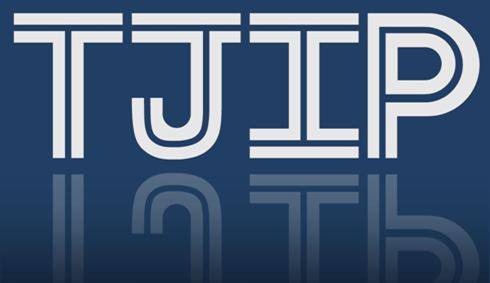Personal Genomics Taiwan announced on the 12th that the U.S. Court of Appeals has rejected the appeal of Pacific Biosciences, a global gene sequencing company, and upheld the judgment of the original U.S. Patent Tribunal (PTAB), confirming the US Patent No. owned by Personal Genomics Validity of 25 claims in 7,767,441.
Mr. Johnsee Lee, chairman of the Board of Directors of Personal Genomics, said that this is a significant victory for Personal Genomics in intellectual property rights protection and infringement litigation, and expressed confidence in future development.
Mr. Lee said that Personal Genomics has used the advantages of Taiwan’s semiconductors and optoelectronics, combined with cross-field technologies such as biotechnology, material chemistry, and information, to design and develop a highly efficient continuous single-molecule gene sequencing technology, which is the so-called third-generation sequencing technology, the company currently holds more than 190 patents around the world.
Pacific Biosciences, located in California, USA, is the world’s most advanced third-generation gene sequencing technology leader, and its sequencing technology and products have the advantages of fast speed and long sequence length. Personal Genomics Taiwan filed a lawsuit in a U.S. court in 2019, accusing Pacific Biosciences of deliberately infringing the patent rights of Personal Genomics Taiwan.
The infringement lawsuit filed by Personal Genomics mainly accuses Pacific Biosciences of infringing the patented technology owned by Personal Genomics for constructing single-molecule sequencing on CMOS semiconductor photosensitive wafers, and believes that the company’s newest third-generation sequencing systems, such as Sequel, Sequel II, and Revio, are superior to the previous RS series of products because of this patented technology.
The complaint also mentioned that Pacific Biosciences has had many discussions with Personal Genomics in the past few years. In addition to trying to understand how to apply semiconductor chips and optoelectronic technologies to third-generation gene sequencing, it also proposed cooperation and patent licensing to Personal Genomics. The failure of the plan fully demonstrated that Pacific Biotech was aware of the existence of the patent but was still manufacturing and selling infringing sequenced products without authorization, so it sued the other party for intentional infringement.
The complaint also mentioned that in the past few years, Pacific Biosciences had repeatedly negotiated with Personal Genomics, and in addition to trying to understand how to apply semiconductor chips and optoelectronic technology to third-generation gene sequencing, it also proposed cooperation and patent licensing plans to the company without success, which fully showed that Pacific Biosciences was aware of the existence of the patent, but still manufactured and sold the infringing sequencing products without authorization, and therefore sued the other party for intentional infringement.
Source: Commercial Times
1,392 total views, 2 views today
